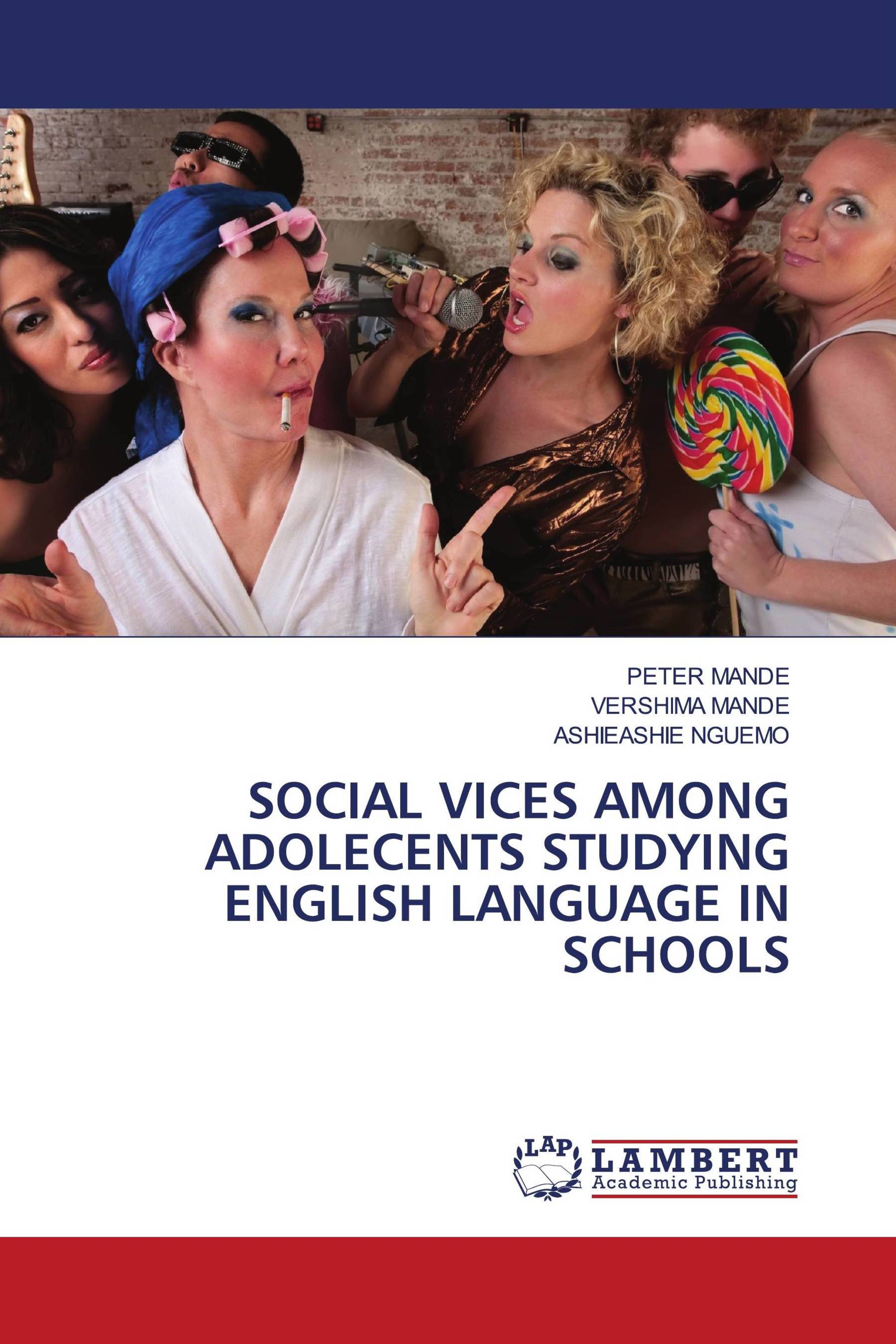SOCIAL VICES AMONG ADOLECENTS STUDYING ENGLISH LANGUAGE IN SCHOOLS
LAP Lambert Academic Publishing ( 03.03.2025 )
€ 43,90
The term "vices" originates from the Latin word vitium, meaning defect or failing. Vices refer to bad habits or immoral activities, commonly observed among young people. Examples include prostitution, indecent dressing, robbery, cultism, drug addiction, examination malpractice, gambling, smoking, pre-marital sexual activities, rape, alcoholism, and illegal substance use. Social vices are behaviors that contradict societal expectations based on established moral codes and are considered harmful, unhealthy, and frowned upon by society. According to Igwe (2014), social vices are anti-social actions that breach societal norms and values, ranging from obscene dressing to financial fraud, cultism, kidnapping, and hooliganism. Similarly, Omonijo et al. (2013) describe social vices as actions that contravene cultural values and established codes of conduct due to omission, commission, or negligence.Social vices often stem from maladjusted behaviors within society and are particularly detrimental to Nigeria's educational system. Ayodele (2005) argues that these vices reflect the character of a people, exposing their capacity for harm, greed, and selfishness.
Детали книги: |
|
|
ISBN-13: |
978-620-8-42681-1 |
|
ISBN-10: |
6208426812 |
|
EAN: |
9786208426811 |
|
Язык книги: |
English |
|
By (author) : |
Peter Mande |
|
Количество страниц: |
72 |
|
Опубликовано: |
03.03.2025 |
|
Категория: |
Система образования |




